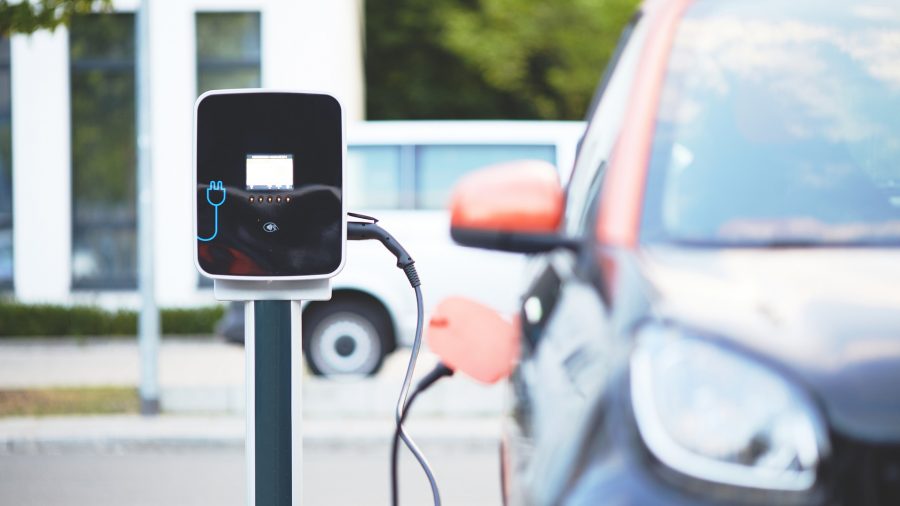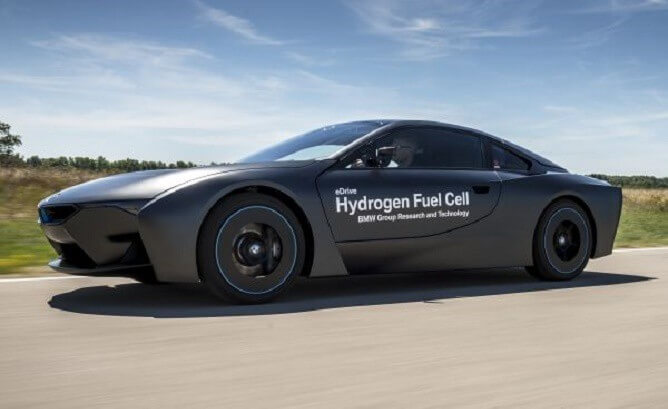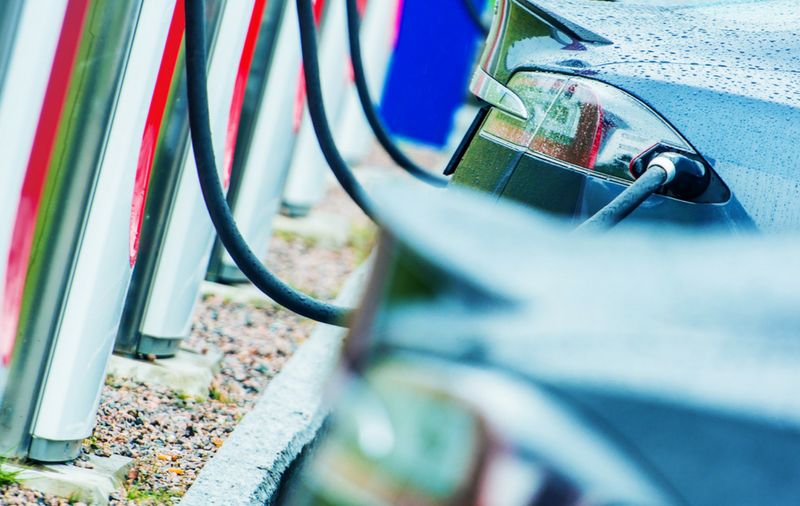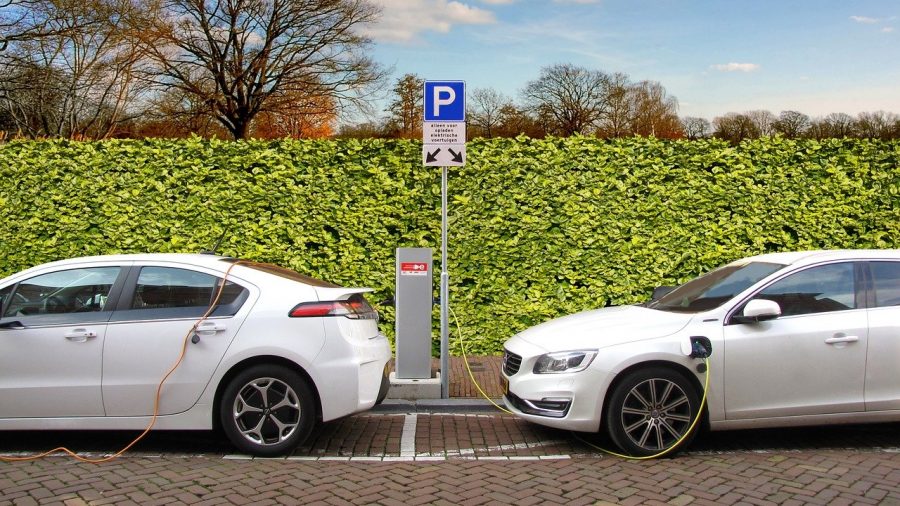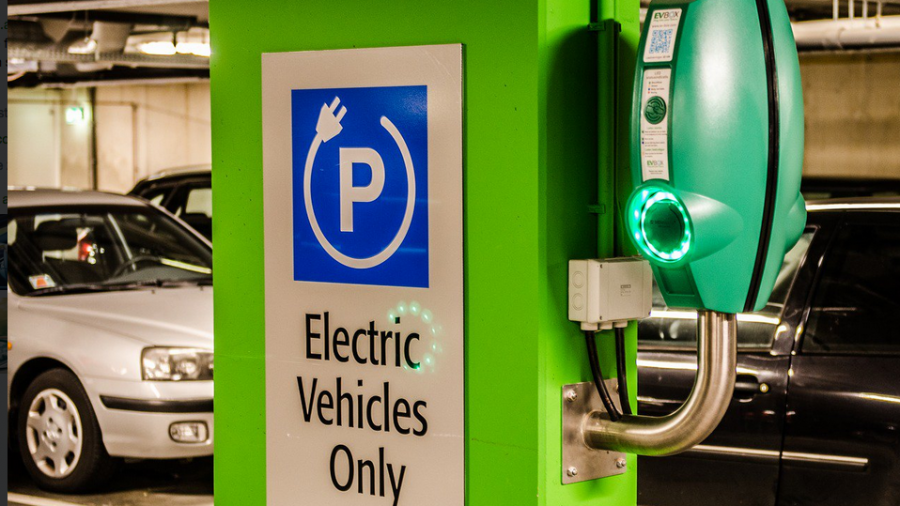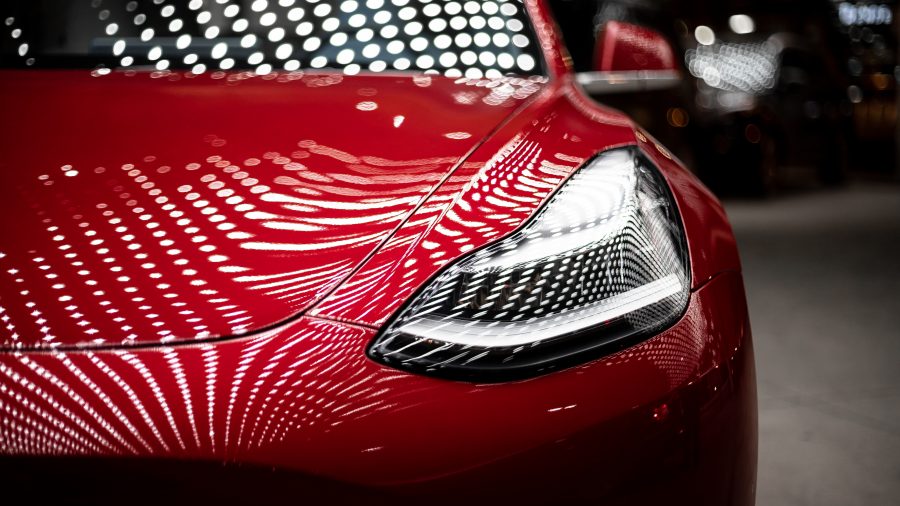Do you know anyone who rides an electric motorbike? In Australia, they are few and far between. Like electric cars, they are expensive and don’t travel far on one charge. When prices fall and battery capacity rises, electric motorbikes may appeal to a different kind of person to the one who rides a loud, throaty machine. Read More

